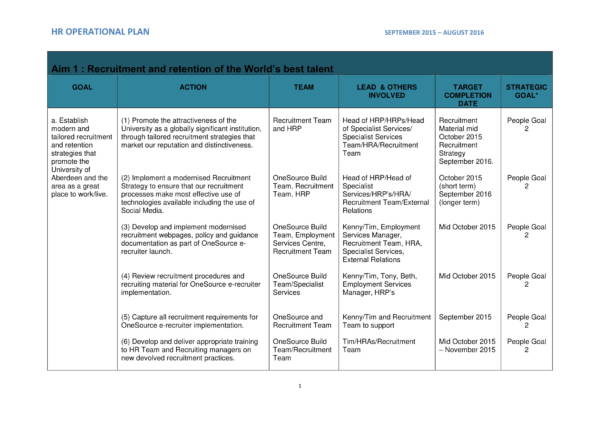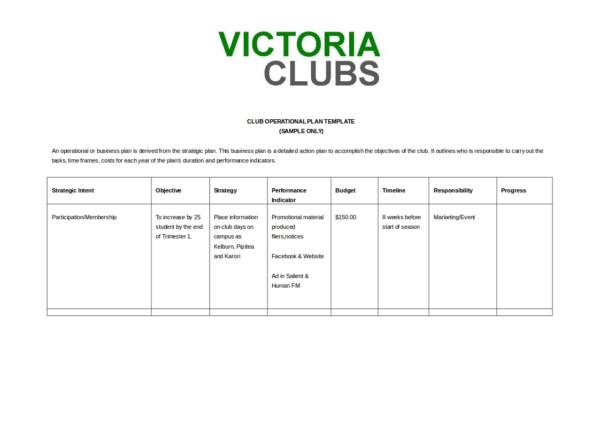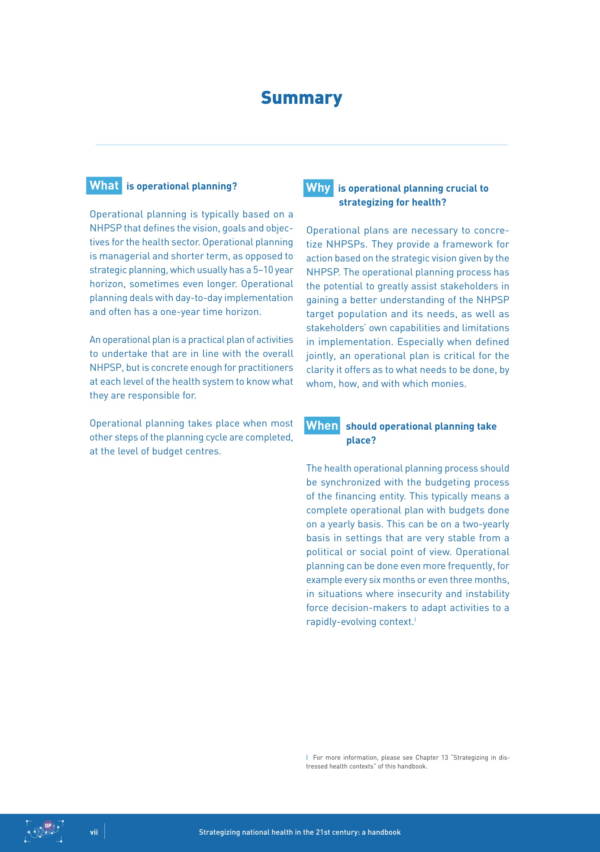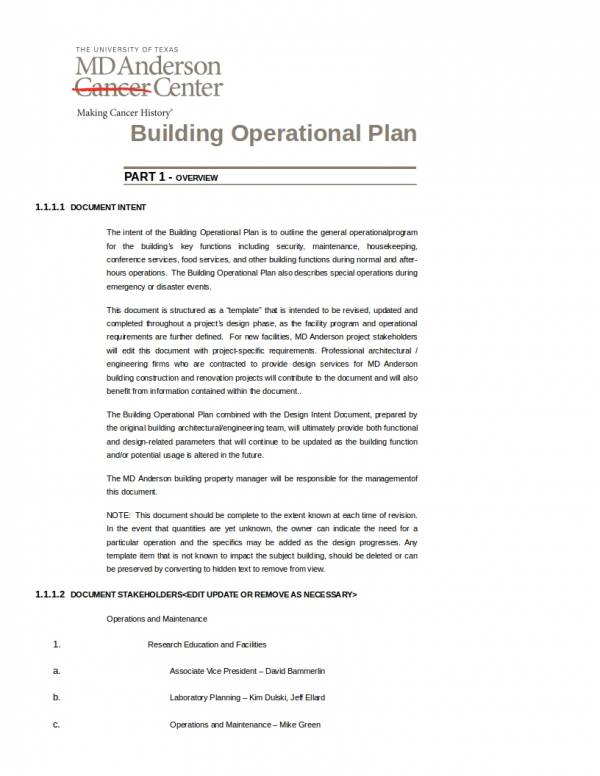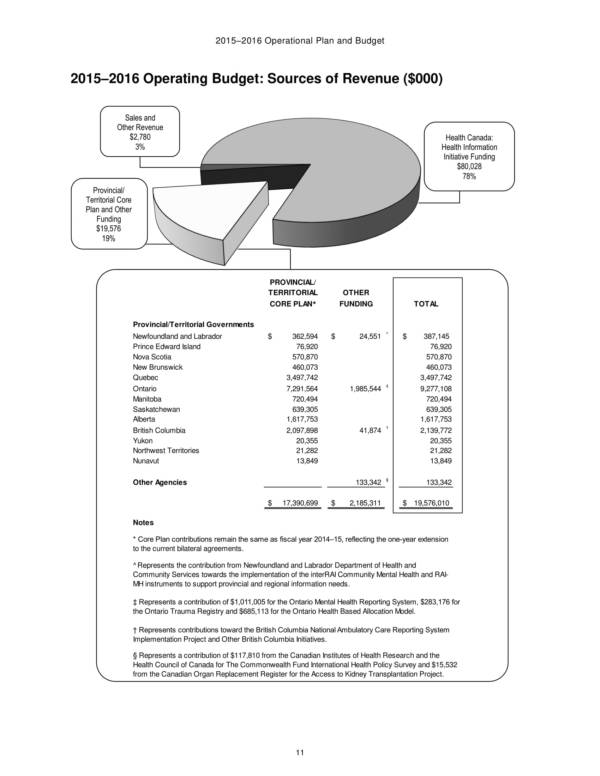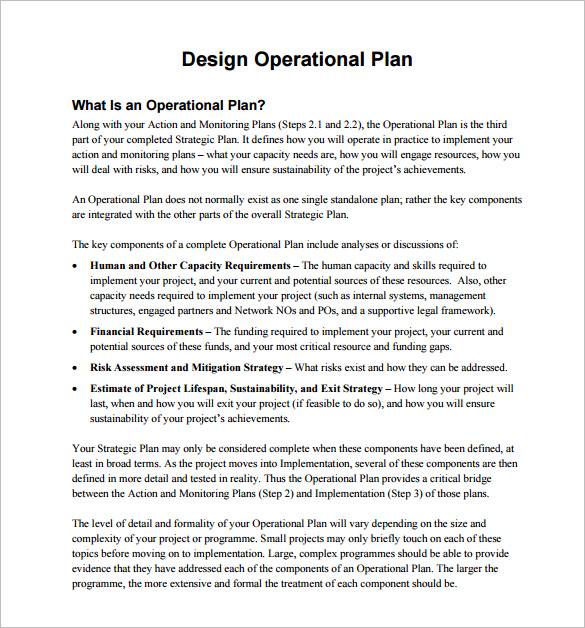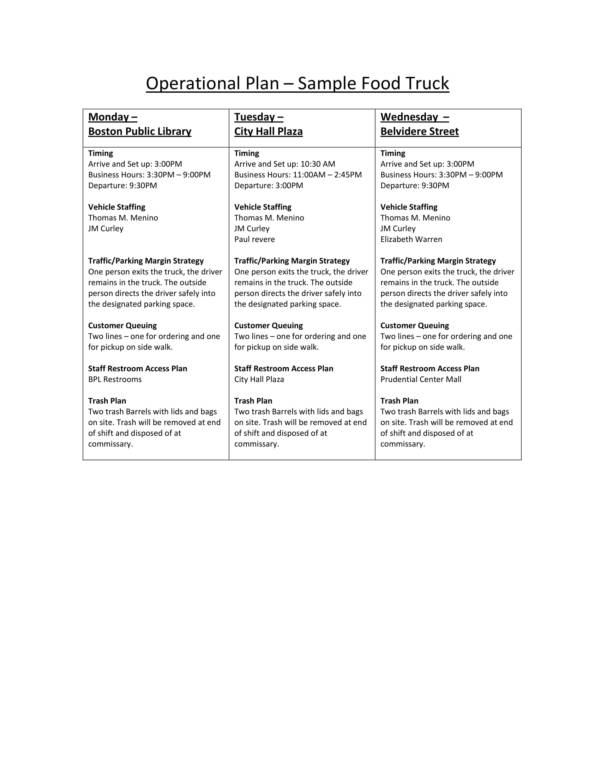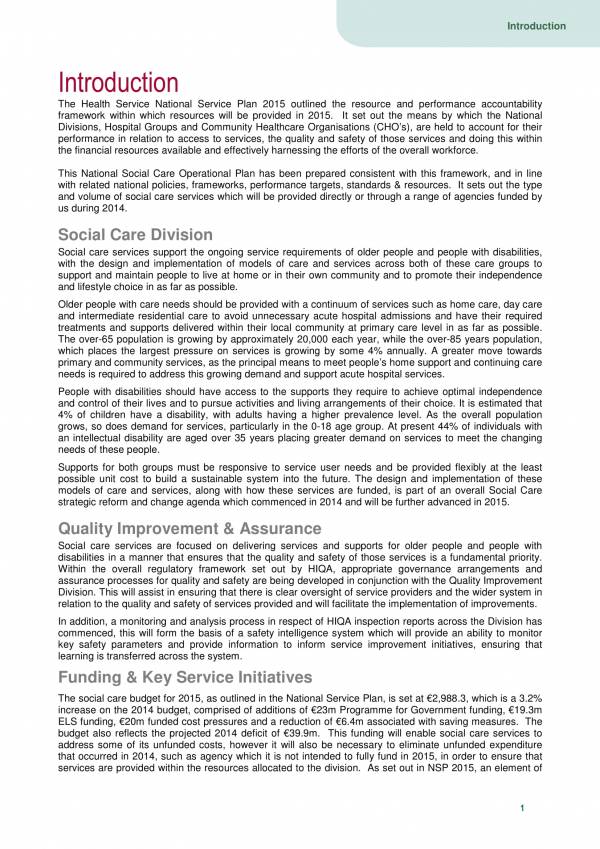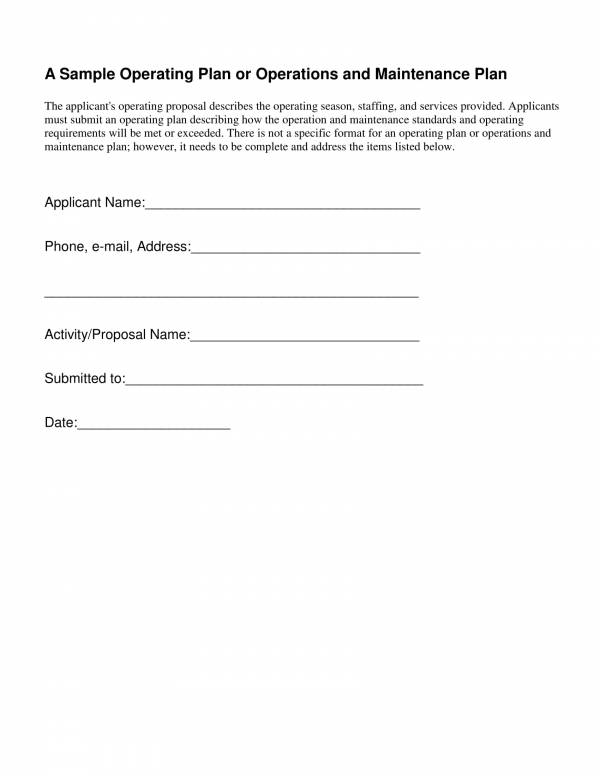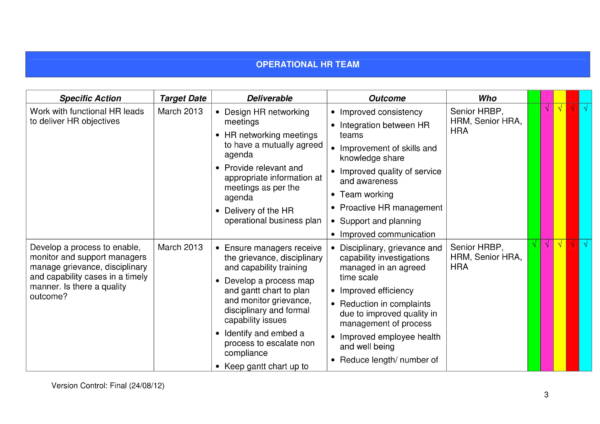Planning is defined as the process of thinking and deciding on what things to do and the order by which those things are being done. Simply put, it is the process of making plans. Plans are created as the result of planning. Plans and planning range from simple to difficult one. Even simple plans can be difficult to come up.
There are three types of plans that are being used in a lot of different industries today and one of them is an operational plan. An operational plan is used by organizations to clearly define the steps or actions that they will take in order to achieve certain goals and strategic objects. Operational planning samples and templates has been included in this article for your reference. Please check them out below.
Simple Project Operational Plan Template
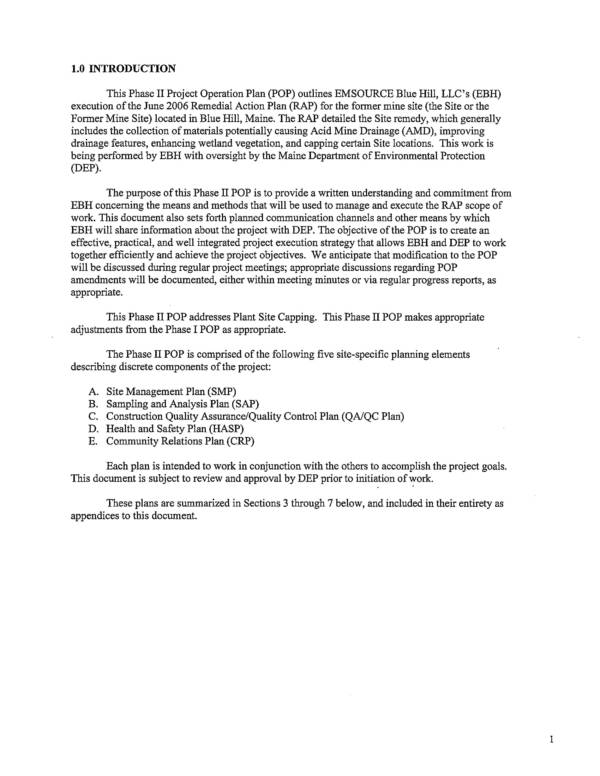
nifc.gov
Human Resources Operational Plan Sample
Club Operational Plan Template
Sample Standard Operational Plan
Building Operational Plan Template
Sample Operational and Budget Plan
What Are the Three Types of Planning?
The three types of plans according to their level of detail are strategic plans, tactical pans and operational plans.
Strategic Plan
A strategic plan is a very broad and general plan that is designed with the goal of the entire organization in mind. The steps and objectives that are created in this level of planning is aimed at moving the company or organization from where t currently is or to help make the organization improve. In strategic planning, the whole organization must work with harmony. The top level management is responsible for setting the general goals and objectives, while the lower management works on finding the appropriate objectives that best fits what top management has provided and the demands of the job. Strategic plans are created for a span of two to five years or more.
Tactical Plan
A tactical plan is used in the mid-level management where specific actions are taken to support the organization’s strategic plan. It is not a very detailed type of planning, but it provides details and steps on what each division of the business must do, when and how it should be done and the people who are in charge of the said plans.
Operational Plan
An operational plan is meant for use by lower management, like managers, supervisors, facilitators and team leaders. These people create operational pans to help them achieve the objectives set out in their tactical plan. Although its use is only limited to one part of an organization, an operational plan is extremely detailed. It provides steps and actions to be taken by all of the members of a specific group within the organization so that long term objectives and goals can be attained. It answers the questions of who, what where when, and how of the plans of the organization. It is created with the assumption that upper management has already laid out a strategic and tactical pan.
Operational plans are subdivided into two categories and they are single-use plans and continuing or ongoing plans. A single-use plan, as its name implies,is a plan where the activities involved are not repeated and are for one time use only. Ongoing plans are those plans that are being used for long term. They are plans that get revised and updated periodically.
You may also be interested in other related topics, such as annual operational plan samples and templates, operations contract samples and templates, and business plan samples.
What Things Are Included in an Operational Plan?
Different operational plans will surely contain and include different things in them that are based on the things or operations that they are going to be used on. But there are specific things that are common to every operational plan and they are listed below.
- The dates covered by the plan
- The department or group where the plan should be done
- The people involved in the plan as well as the well as the individual in charge
- The times when each specific task or activity in the plan should be done or implemented
- The where the plan should be done or implemented
- A timetable for implementation
- The steps or list of tasks taken to complete the plan
- Requirements for the operational plan to be done successfully
- The desired outcome of the plan
- How the tasks will be carried out or the guidelines for doing the tasks
- The specific goals and clear objectives of having the plan in place
- A set of quality standards should be in place
- Monitoring processes
Those are the things that you can commonly find in an operational plan regardless of the nature of the plan or in what industry it is being used on. There are other related topics that you can find on our website, like software business plans, flight plan templates, and startup business plan templates.
Design Operational Plan Sample Template
Food Truck Operational Plan Sample
Social Care Operational Plan Sample
Sample Operational and Maintenance Plan
Operational Business Plan Sample Template
Tips in Writing Effective Operational Plans
Let’s face it. Operational planning is not the easiest thing to be done, but it has been done. Everybody goes through a lot of challenges before they actually are able to come up with something worthwhile and before they are able to master it. To help you write an effective operations plan without being a pro at it, we have here prepared some tips that you will definitely find useful.
- Write and define all of your objectives and goals clearly so that no on will have them misinterpreted or misunderstood.
- Provide detailed steps or instructions on how a particular thing should be done. This is be used by everybody s that they can do things uniformly.
- State the names of the people who are involved in the plan and make sure to assign them the tasks that they need to do or their share of responsibilities in the plan.
- Provide a specific time frame for the tasks to be done. This allows a timely and organized turnover or submission of any requirements related to the plan.
- Tell them of the specific results that you want to get. Don’t leave a team guessing on what you want to happen as you may just get a result that you don’t want. This is just utter waste of time and resources. You wouldn’t want them to start over, would you?
- Write clearly and concisely to avoid having multiple interpretations on certain statements and instructions. Also use simple words as much as possible.
- Always make sure to double check or review your work. This also applies every time you make an update or any revisions to it. This will maintain the professional feel to your document knowing that there are no errors of some sort in it.
These tips will surely help you create an operational plan that is effective and useful. We also have other related topics that you may find useful, like operating budget samples, security plan templates, and account plan templates.
Related Posts
FREE 10+ Higher Education Lesson Plan Samples in MS Word | Pages | Google Docs | PDF
FREE 9+ 30-Day Marketing Plan Samples in PDF | MS Word | Apple Pages | Google Docs
FREE 3+ Sales Team Action Plan Samples in PDF | MS Word | Apple Pages | Google Docs
Marketing Plan For Small Business Samples
FREE 7+ Fashion Business Plan Samples in PDF
FREE 10+ Sprint Planning Samples In MS Word | Google Docs | PDF
FREE 10+ Wedding Planning Samples in MS Word | Apple Pages | Powerpoint | PDF
FREE 9+ Monthly Study Planner Samples in PSD | Illustrator | InDesign | PDF
FREE 9+ Sample Curriculum Planning Templates in PDF | MS Word
FREE 10+ Teacher Development Plan Samples in MS Word | Google Docs | Apple Pages | PDF
FREE 10+ Basketball Practice Plan Samples in PDF
FREE 12+ School Business Plan Samples in PDF | MS Word | Apple Pages | Google Docs
FREE 7+ Client Strategic Plan Samples in PDF | MS Word
FREE 11+ Trucking Business Plan Templates in PDF | MS Word | Google Docs | Pages
FREE 7+ Small Hotel Business Plan Samples PDF | MS Word | Apple Pages | Google Docs

